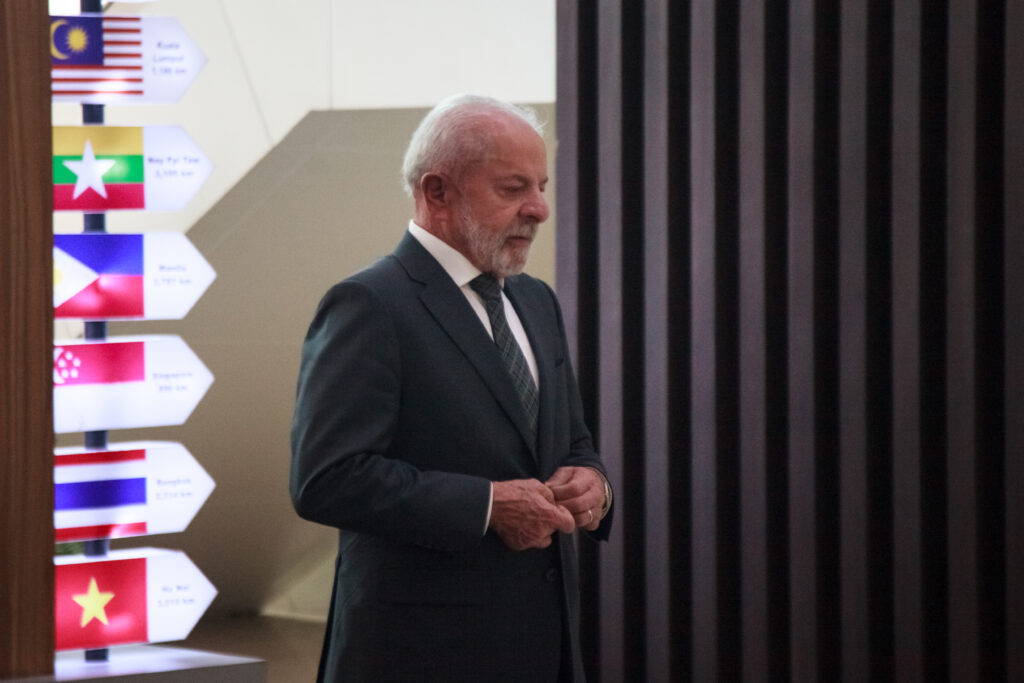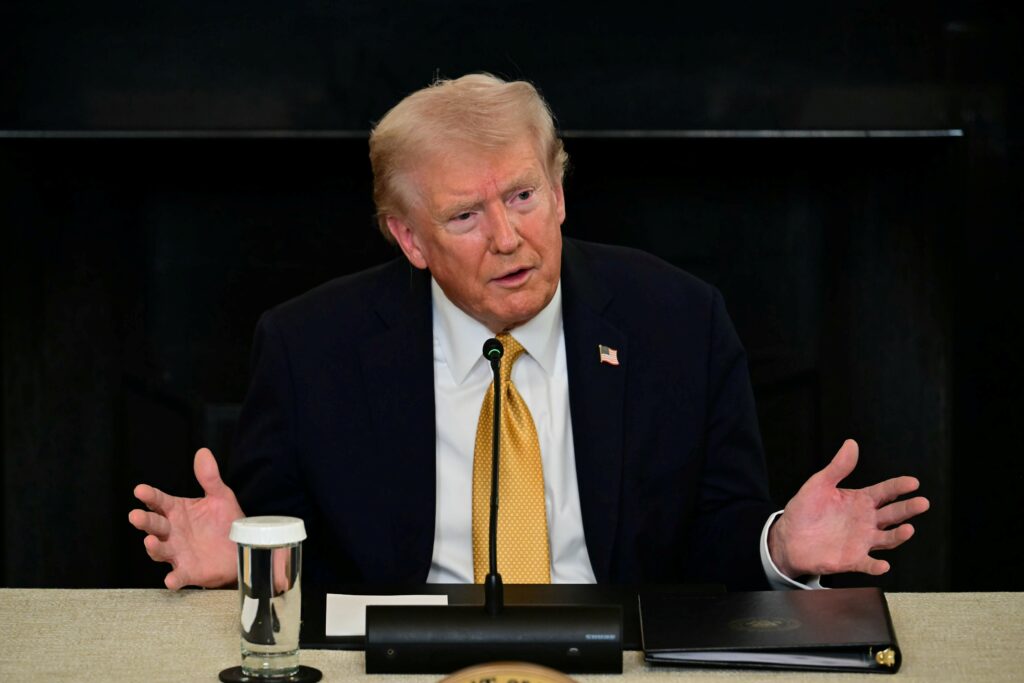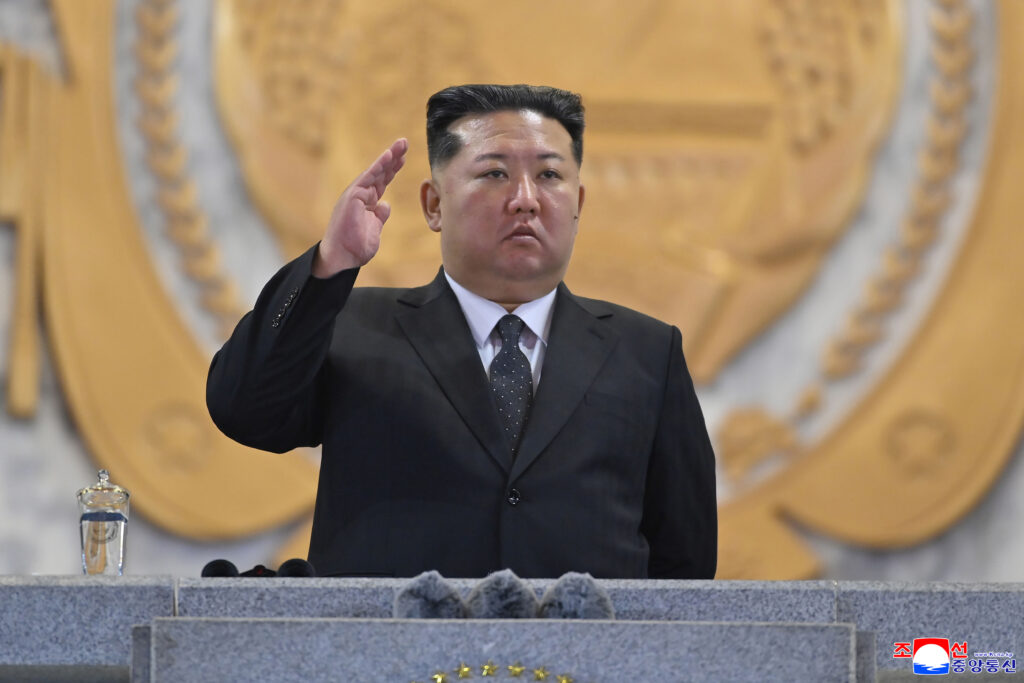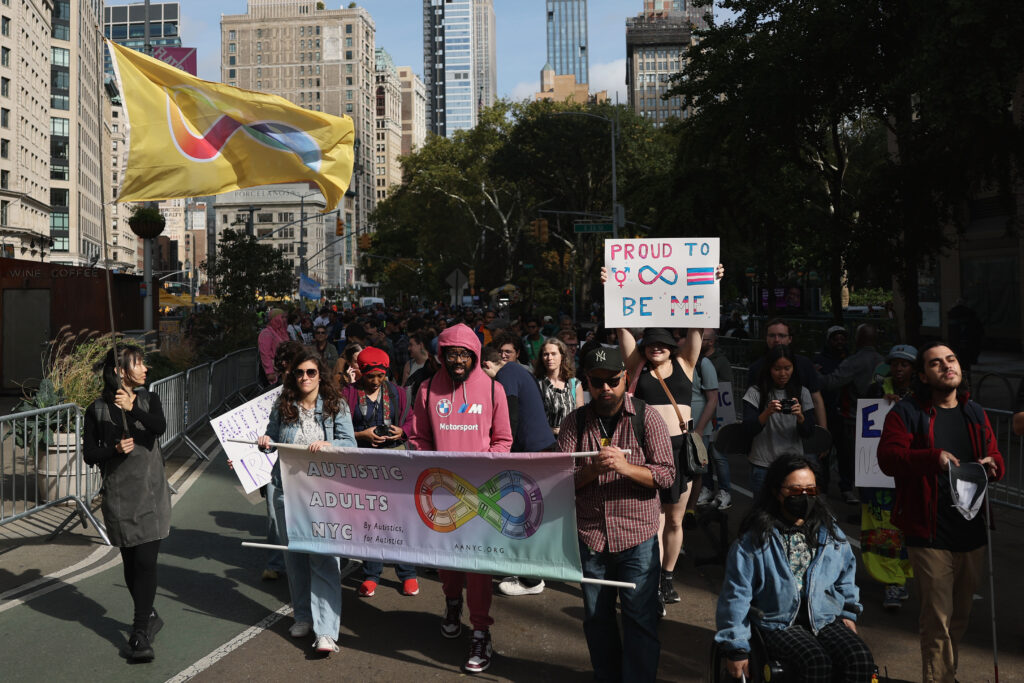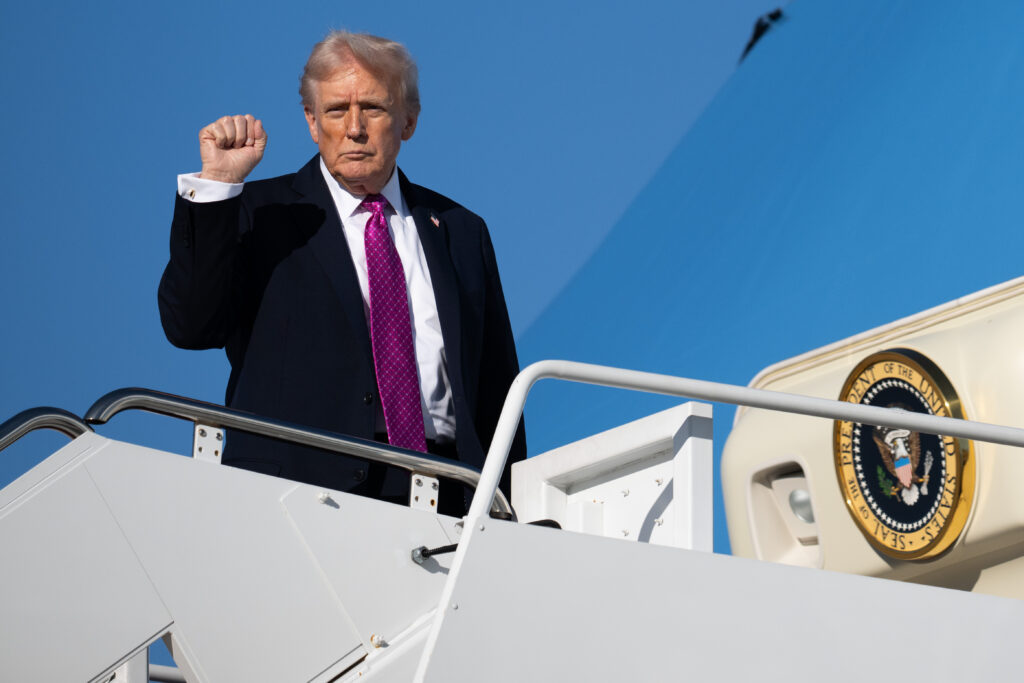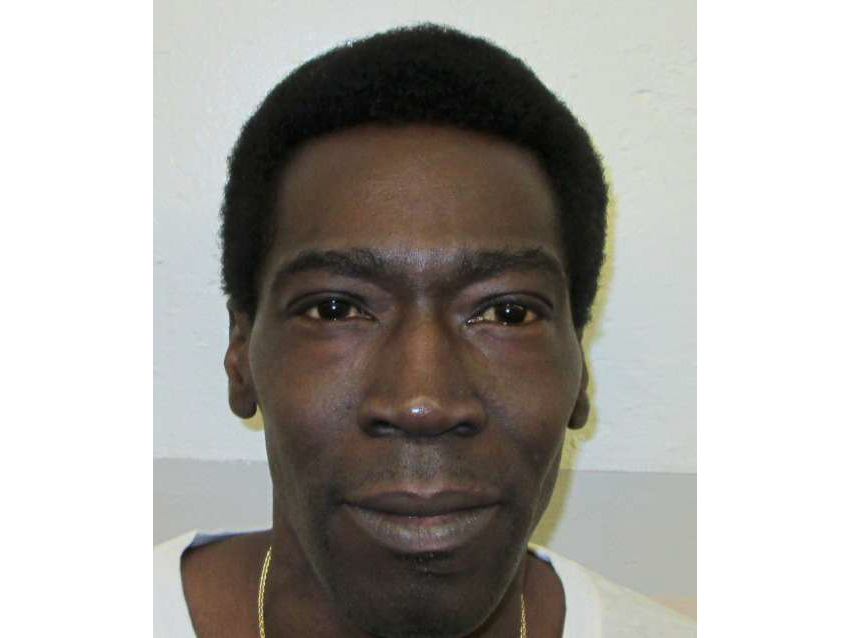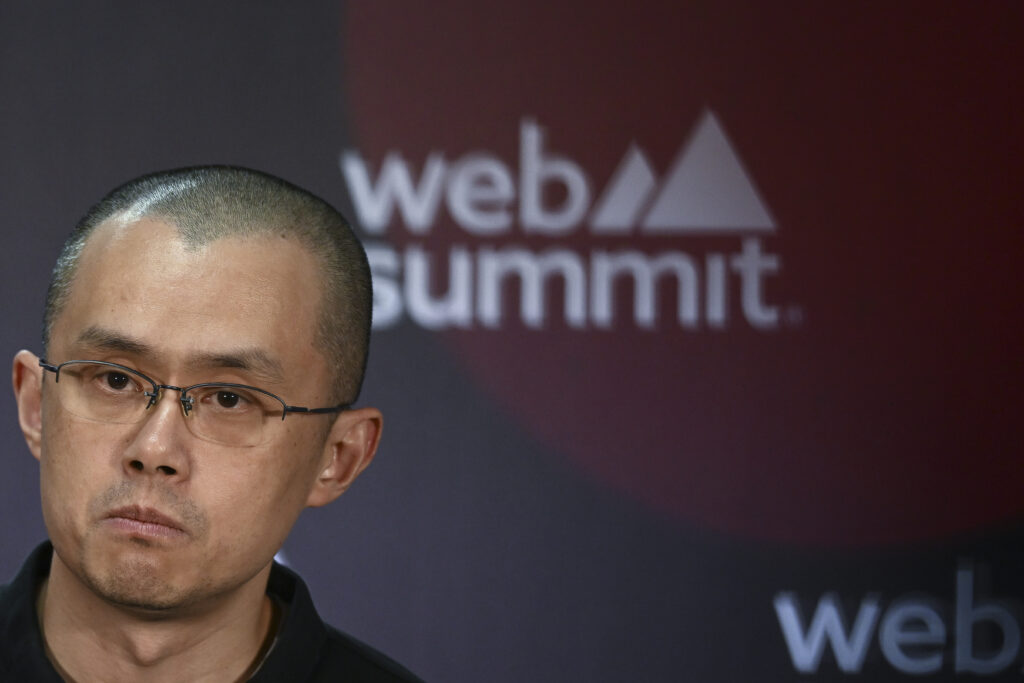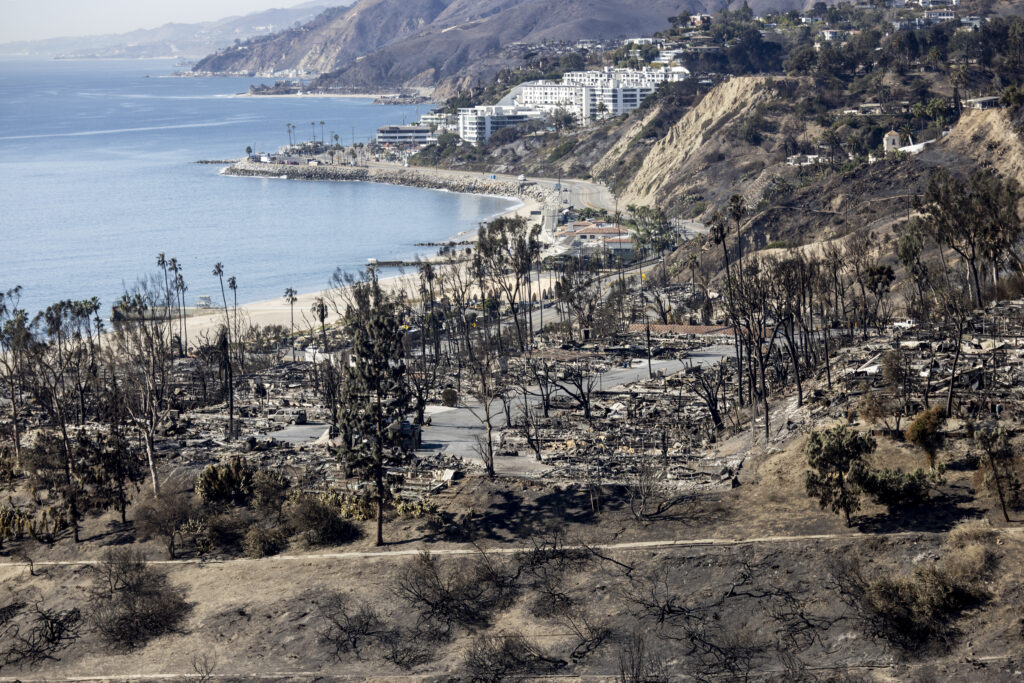Composer William Barnett started his YouTube channel as an outlet for his music — but today he also uses it to debunk the steady stream of White House rhetoric on autism while sharing his own experience living with it.US President Donald Trump and his health secretary, anti-vaccine advocate Robert F. Kennedy Jr, have made autism their talking point, calling it a “horror show” and “a crisis” while making unproven claims that it’s caused by vaccines or acetaminophen. “I just wonder if he sees us all as pawns,” the 29-year-old told AFP from his apartment in Queens, New York. Barnett — in a view that mirrors the medical community at large — sees the White House language as misinformation that only serves to drum up fear among parents and stigmatize people like himself.”It’s caused a lot of autistic people to believe that there’s something wrong with them, and that they don’t really have a place in our society,” Barnett told AFP.Autism spectrum disorder is a broad neurodevelopmental diagnosis that encompasses challenges related to social skills, communication and behavior.Traits vary widely, as does the degree to which one’s life is impacted. There is no known cause. A combination of genetic and environmental factors is likely involved, according to the World Health Organization.The US Centers for Disease Control and Prevention reported that one in 31 children were found to have autism in 2022 — an increase that’s largely attributed to improved, broadened diagnosis methods along with growing awareness.- ‘Treated as a human’ -Barnett received multiple diagnoses related to autism, beginning at age three. Growing up in Los Angeles, “I just wanted to be normal,” he said. “I just kept thinking about what my life would look like if I was neurotypical.”The composer doesn’t feel that way today: he has a Master of Fine Arts in musical theatre from New York University, and has found that by embracing his diagnosis, his life has only grown richer.Barnett said he’s found “a second home” through the organization Autistic Adults NYC, an autistic-run nonprofit.The group recently took part in New York’s annual Disability Pride Parade, a Manhattan march bringing together a diverse crowd of mentally and physically disabled people along with allies and parents.Autistic Adults NYC member Sebastian Bonvissuto, 26, said the discourse in Washington has made him feel “frustrated” and “angry.””I feel like we are treated as we’re nothing in society,” he said. But people on the spectrum “think outside the box” he said, and “can contribute in so many different ways than other people would.”Members interviewed by AFP all said if the White House wants to help, they should focus on funding services and asking autistic people what they need, rather than casting their lives as diminished.Maryum Gardner, 26, called the White House position “dangerous.””It’s hard being a neurodivergent person in this world,” she said.But “it doesn’t matter who you are,” she said. “You still deserve to be treated as a human.”- ‘Human diversity’ -Barnett acknowledges that many people with autism have it harder than he does, with far more severe symptoms. Some parents have voiced feeling seen by Kennedy’s descriptions of their struggles.But even within that context, Barnett said, the health secretary’s comments are “over-generalizing” at best.Barnett said he’s lucky he received support from his family, at school and from specialists to be able to better cope with life in a world that isn’t always accepting.”My struggle goes beyond what you see on camera or how I present myself,” he said, pointing to years of speech and occupational therapy as well as socialization training.He has worked with experts including Elizabeth Laugeson, a UCLA psychiatry professor, whose decades of experience include developing social skills programming for youth and adults.Laugeson told AFP the White House rhetoric that’s hyper-focused on cures hearkens back to an “ugly past” of “fear-based and deficit-based language.””Autism isn’t a tragedy or something to be fixed for many people,” added Laugeson. “It’s a neurodevelopmental difference.””It’s part of human diversity.”
